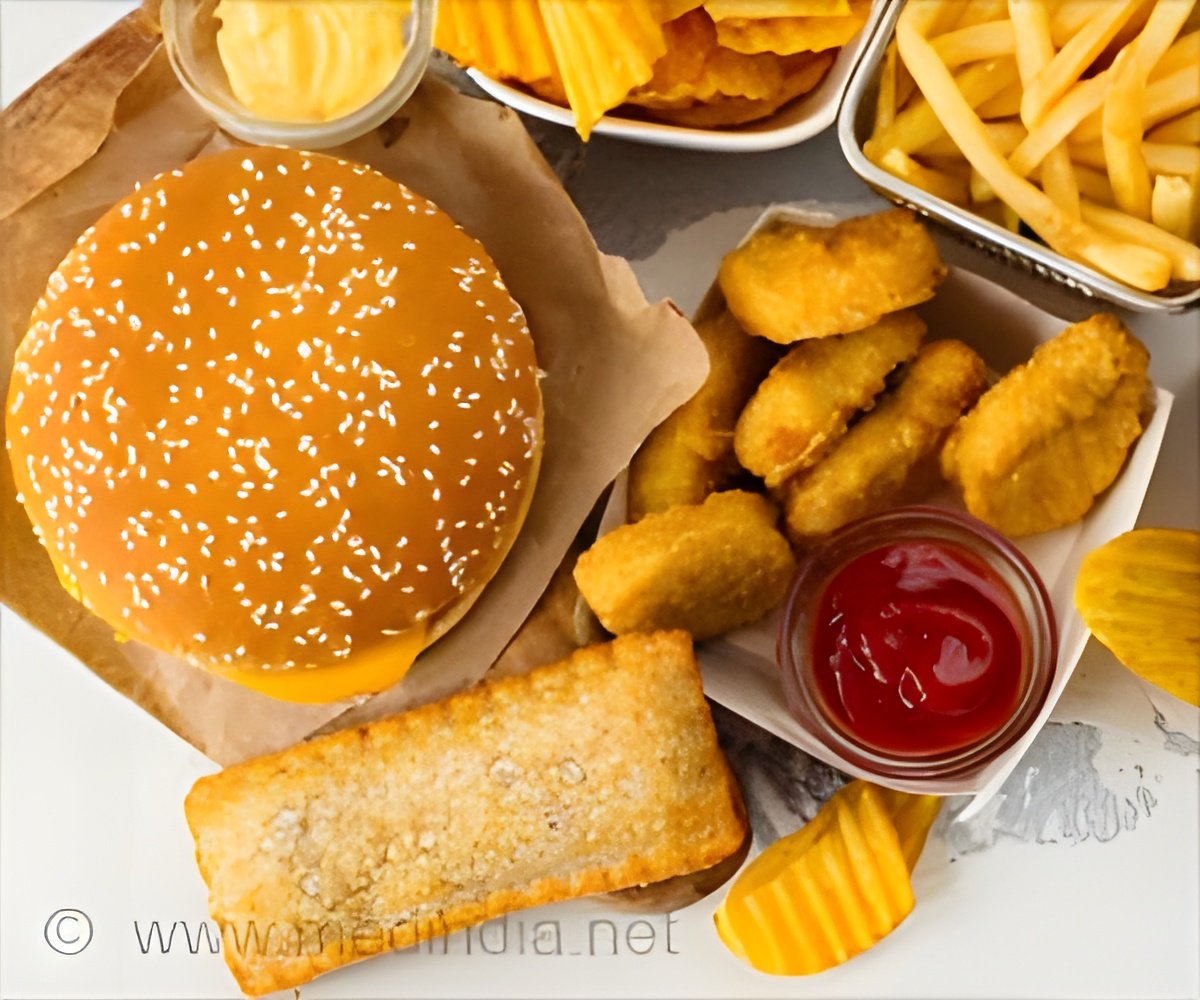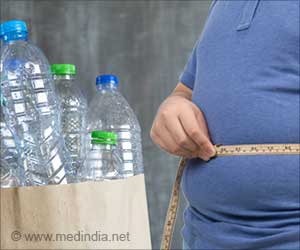A new study shows junk food advertisement restriction is a potential destination for decision-makers aiming to reduce obesity.

Dr. Amy Yau, from LSHTM, and study first author, said: “Many governments and local authorities are considering advertising restrictions to reduce consumption of high fat, salt and sugar (HFSS) products as part of obesity prevention strategies. However, evidence of the effectiveness of such policies, especially away from broadcast media, is scarce.”
Policies that restrict the advertising of HFSS products have been promoted as potentially effective tools to reduce the purchase and consumption of HFSS products, to improve diet, reduce obesity- and diet-related diseases, and tackle health inequalities.
In November 2018, restrictions on the outdoor advertising of HFSS foods and drinks across the Transport for London (TfL) network were announced by the Mayor of London and were fully implemented on 25 February 2019.
The study ran from June 18, 2018 to December 29, 2019 and compared average weekly purchases of HFSS products in 977 London households to an estimate of what would have happened without the policy.
This estimate was based on the trend in purchasing in London before the policy and changes seen in households in a control area (North of England) after the policy was implemented, which accounts for secular trends and seasonal variation in HFSS purchasing.
Advertisement
Assuming an average household size of 2.6 people in the sample, and an even energy distribution, the team estimated that the intervention reduced energy purchases by 385 calories per person per week — equivalent to every Londoner in the study purchasing about 1.5 fewer standard size bars of milk chocolate per week.
Advertisement
While the results are encouraging, the finding is in the context of actual increases in purchases of HFSS products in intervention and control areas over the study period, meaning intervention was effective in reducing the growth of HFSS purchases rather than achieving absolute reductions in HFSS purchases.
Source-Medindia














